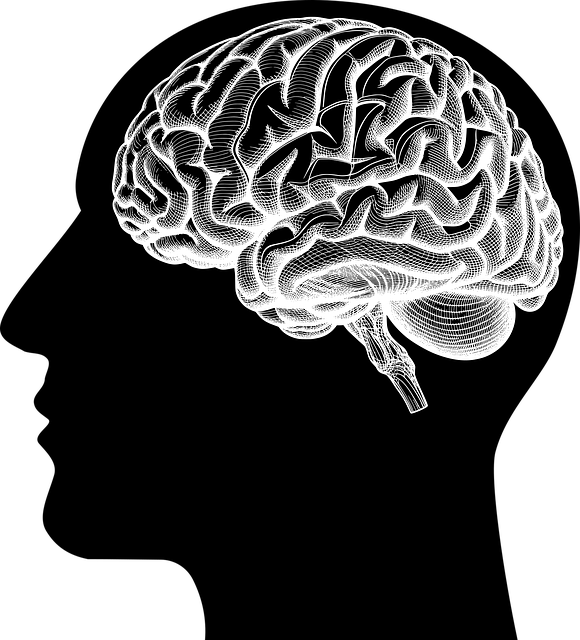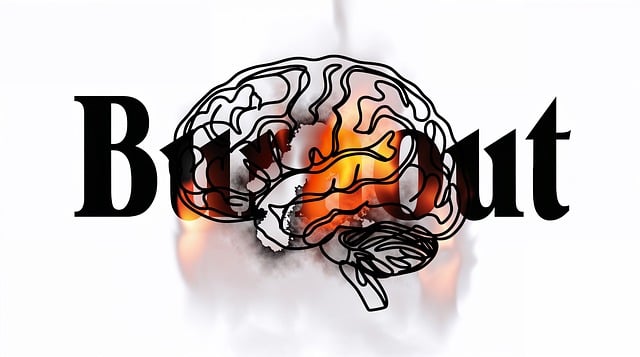Castle Rock Blended Families Therapy (CRBFT) addresses the complex challenge of diagnosing mental illness in blended families by combining evidence-based practices with specialized understanding. Their nuanced approach considers unique individual experiences, cultural backgrounds, and family dynamics. CRBFT offers crisis intervention guidance, stress reduction methods, and burnout prevention strategies for therapists, enhancing diagnosis accuracy while supporting their well-being. Through holistic programs focused on mental health education, resilience building, and open communication, they empower families to create supportive environments fostering better mental well-being and stronger connections. Community education and early intervention further improve diagnostic accuracy by reducing stigma and encouraging timely assistance.
Mental illness diagnosis accuracy is paramount for effective treatment, yet challenges persist due to subjective symptoms and comorbidities. This article delves into strategies enhancing diagnostic reliability, focusing on the unique approach of Castle Rock Blended Families Therapy (CRBFT). We explore how CRBFT integrates family dynamics into mental health care, improving assessment accuracy. Additionally, we discuss evidence-based practices and community education initiatives aimed at early intervention, ultimately fostering more precise diagnoses and improved patient outcomes.
- Understanding the Challenges of Mental Illness Diagnosis
- The Role of Castle Rock Blended Families Therapy in Enhancing Accuracy
- Evidence-Based Practices to Improve Diagnostic Reliability
- Supporting Community Education and Early Intervention
Understanding the Challenges of Mental Illness Diagnosis

Diagnosing mental illness accurately is a complex task due to its multifaceted nature and often subtle symptoms. The process involves sifting through a wide range of behaviors, emotions, and thoughts, which can be challenging, especially when dealing with diverse populations like Castle Rock blended families. Each individual’s experience is unique, influenced by cultural background, personal history, and environmental factors. This complexity demands a nuanced approach to assessment, where professionals must consider not just symptoms but also the context in which they arise.
For instance, what might be indicative of anxiety in one person could be misconstrued as stubbornness or defiance in another, highlighting the need for culturally sensitive practices. Castle Rock Blended Families Therapy emphasizes this aspect, offering crisis intervention guidance tailored to these unique circumstances. By incorporating stress reduction methods and burnout prevention strategies for healthcare providers, therapists can enhance diagnosis accuracy while also supporting their own well-being in high-pressure environments.
The Role of Castle Rock Blended Families Therapy in Enhancing Accuracy

Castle Rock Blended Families Therapy (CRBFT) is making significant strides in enhancing mental illness diagnosis accuracy. This therapeutic approach recognizes the complex interplay between individual psychological issues and family dynamics. By integrating evidence-based practices with a nuanced understanding of blended families’ unique challenges, CRBFT facilitates more precise assessments and tailored treatment plans.
The program’s design focuses on Mental Health Education Programs tailored to the specific needs of blended families, addressing issues like stress reduction methods and burnout prevention. This holistic strategy not only improves diagnosis accuracy but also empowers family members with coping mechanisms and enhanced communication skills. Through CRBFT, families gain a deeper understanding of their dynamics, fostering an environment conducive to mental well-being and stronger relationships.
Evidence-Based Practices to Improve Diagnostic Reliability

In the pursuit of enhancing mental illness diagnosis accuracy, evidence-based practices play a pivotal role. Castle Rock Blended Families Therapy emphasizes a comprehensive approach that incorporates various techniques to improve diagnostic reliability. One such practice is Compassion Cultivation, which fosters understanding and empathy among both therapists and clients. By cultivating compassion, therapists can create a safe and supportive environment, encouraging open communication and enhancing the accuracy of assessments.
Additionally, Resilience Building and Burnout Prevention strategies are integral to maintaining high diagnostic standards. Therapists equipped with resilience-focused tools can better navigate complex cases, making more informed decisions. These practices not only mitigate burnout but also ensure that therapists remain adept at recognizing subtle symptoms and nuances, ultimately contributing to the overall reliability of mental health diagnoses, especially within blended family settings.
Supporting Community Education and Early Intervention

Mental illness diagnosis accuracy can be significantly enhanced through community education and early intervention initiatives. By promoting awareness about various mental health conditions within local communities, Castle Rock Blended Families Therapy can play a pivotal role in reducing the stigma associated with seeking help. Educated communities are better equipped to recognize symptoms and encourage individuals to seek timely professional assistance, which is crucial for accurate diagnosis and effective treatment.
Early intervention programs target at-risk groups, including adolescents and young adults, to foster self-awareness exercises and emotional regulation skills. These proactive measures can help identify emerging mental health issues before they escalate, allowing for more precise diagnostic assessments. Such efforts align with broader mental illness stigma reduction initiatives, creating a supportive environment where individuals feel comfortable discussing their experiences without fear of judgment.
Mental illness diagnosis accuracy has long posed significant challenges, but through innovative approaches like Castle Rock Blended Families Therapy, evidence-based practices, and community education, we can enhance reliability. By implementing these strategies, we not only improve individual care but also foster a more supportive and informed society. This multi-faceted approach holds the key to revolutionizing mental health diagnosis and treatment accessibility.














